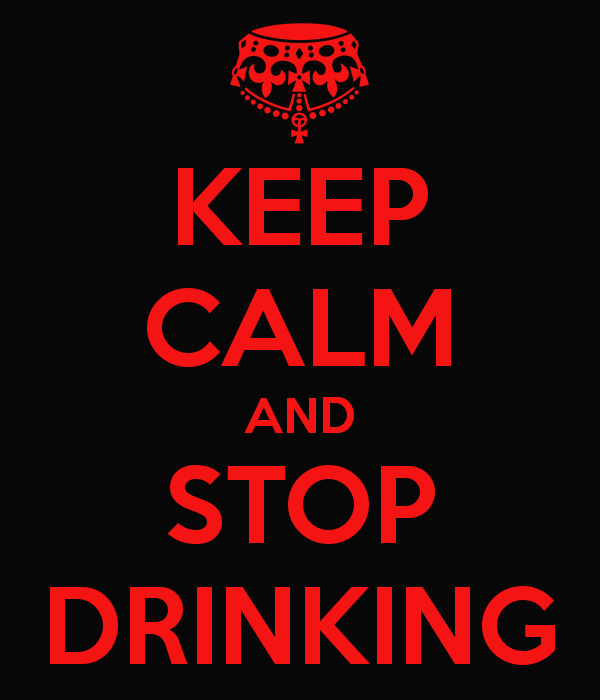“That’s the problem with drinking, I thought, as I poured myself a drink. If something bad happens you drink in an attempt to forget; if something good happens you drink in order to celebrate; and if nothing happens you drink to make something happen.”-BY CHARLES BUKOWSKI.
Let us be clear and concise on this point: Alcoholism is a disease. We can never be cured of alcoholism, but we can arrest the disease and pull it up on its tracks. There is no such thing as a cured alcoholic or an ex-alcoholic. They simply don’t exist … the recovering alcoholic is only ever one drink away from relapse.
Youth violence takes many forms including bullying, gang violence, sexual aggression, and assaults occurring in streets, bars and nightclubs. The victims and perpetrators alike are young people, and the consequences of youth violence can be devastating. Across the world an average of 565 young people aged 10 to 29 die every day through interpersonal violence, with males at greater risk, and for each death there are an estimated 20 to 40 youth that require hospital treatment for a violence-related injury.
By the age of 16 most of the teenagers start drinking alcohol, despite a minimum drinking age of 21. If you ask to the majority of the youth today for them party means to get drunk nothing else comes into their minds. If they break-up with their loved ones in order to remove the sadness and the feelings they get drunk but its really stupid because only for few hours you will forget about it but after that everything will be the same. You will still think about it and you will weep about it.. Binge drinking at least once during the 2 weeks before the survey was reported by 16 percent of 8th graders, 25 percent of 10th graders, and 30 percent of 12th grades. Males report higher rates of daily drinking and binge drinking than females, but these differences are diminishing. A survey focusing on the alcohol-related problems experienced by 4,390 high school seniors and dropouts found that within the preceding year, approximately 80 percent reported either getting “drunk,” binge drinking, or drinking and driving. More than half said that drinking had caused them to feel sick, miss school or work, get arrested, or have a car crash.
Binge drinking, often beginning around age 13, tends to increase during adolescence, peak in young adulthood (ages 18-22), then gradually decrease. Parents’ drinking behavior and favorable attitudes about drinking have been positively associated with adolescents’ initiating and continuing drinking. Lack of parental support, monitoring, and communication have been significantly related to frequency of drinking (46), heavy drinking, and drunkenness among the youth.
SOME OF THE CONSEQUENCES WHICH THE YOUTH GO THROUGH AFTER GETTING DRUNK ARE:-
- DRINKING AND DRIVING-leads to accidents
- WANT TO GET PHYSICAL WITH THE OPPOSITE SEX (INTIMACY)
- PICKING UP FIGHTS
- ABUSING PEOPLE
- PERSONALITY AND BEHAVIOR DISORDERS etc.
Alcohol, the most widely used and abused drug among youth, causes serious and potentially life-threatening problems for this population. Although alcohol is sometimes referred to as a “gateway drug” for youth because its use often precedes the use of other illicit substances, this terminology is counterproductive; youth drinking requires significant attention, not because of what it leads to but because of the extensive human and economic impact of alcohol use by this vulnerable population. The youth of today bunk their colleges and try to go to some clubs or cafes which serves alcohol and like to sit and chill. They say drinking alcohol relaxes their mind and they feel good but they don’t know at times or even if they know they just try to avoid the fact and continue with it.
You are not responsible for your alcoholism. It is a disease and should be treated as one. You can choose how you behave though. You always have a choice even when you are an alcoholic. You did not choose to be an alcoholic, but you can choose whether or not to drink. When you quit drinking it is important to understand the difference between what you can control and what you cannot control. You have no power over being an alcoholic, but you do have power over how it affects your life. You can choose to drink and let alcoholism take over your life or you can choose to acknowledge your problem and quit drinking. You are responsible for your life even when you do not have control over every aspect of it.




0 Comments